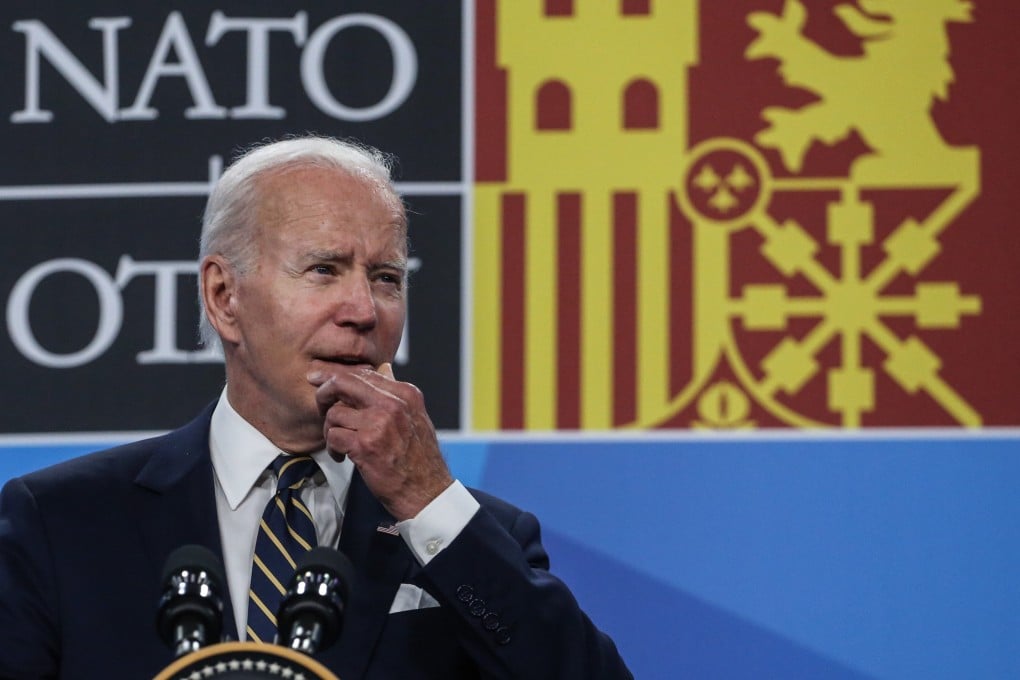Opinion | US has outmanoeuvred Russia in the great power game – is China next?
- The war in Ukraine has allowed a weakening US to reconsolidate its global power, but it doesn’t seem to be stopping there
- Next on the list is China, which the US has been baiting on Taiwan, followed possibly by Iran, against which a new alliance in the Middle East is being forged

The global power game is reminiscent of the scene from The Godfather where Michael Corleone, having taken the reins of the family business, decides to do away with all his enemies in one stroke.
From a geopolitical perspective, an intriguing moment came on April 25 when US Secretary of Defence Lloyd Austin said the US wanted to make Russia so weak it could never again invade another country. This stance wiped out the narrative that the US was merely helping Ukraine defend itself, making it clear the policy objective was much larger.
If successful, the US would not only have dealt with Russia, a formidable enemy, but – even better – could tell the Europeans that American actions to save Ukraine and, in that context Europe, came at a price: Europe’s support for American policies around the globe to consolidate US power.
What was playing out behind the scenes was the spectre of a fight, maybe even a war, to reinstall Western political and economic hegemony.
